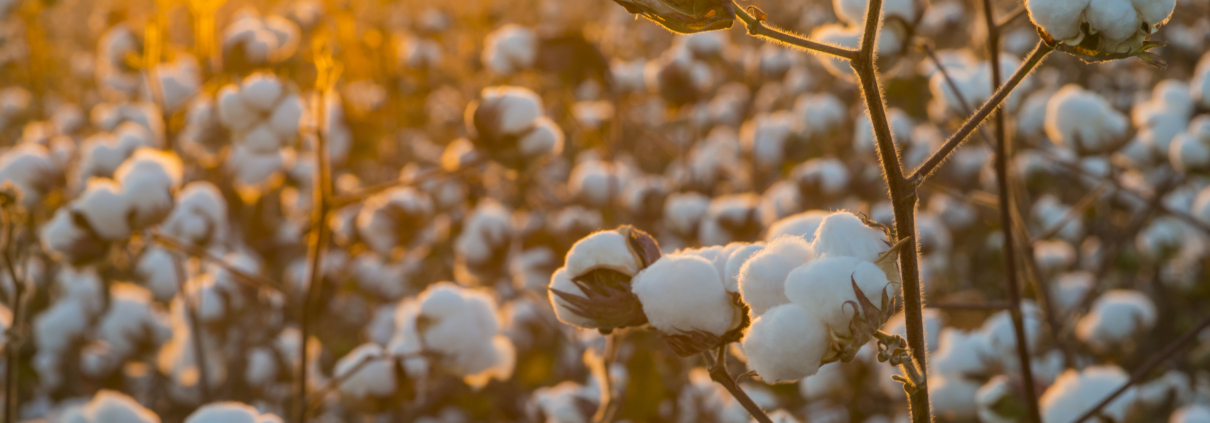Why Read Heart Softening Hadith?
This article is from our On Demand Course by Shaykh Abdullah Misra called Transformative Hadith. It covers hadiths that soften the heart from different collections including Sahih Bukhari, Sahih Muslim, and more.
The Book of Softeners (Kitab al-Riqaq), also called Kitab al-Raqaiq. A softener is that which causes softness to come inside the heart. When something is soft (raqiq) or it has softness (riqqa) it means it has mercy (rahma). It means softness, tenderness, and mercy.
When you have mercy towards someone, you become soft towards them and you become easy going with them. And when someone has mercy in their heart, the hardness of their heart softens. We’re trying to achieve this with our hearts through reading these hadith.
But the question arises, mercy to whom? In this situation, we’re not talking about mercy to other people. The goal is having mercy on ourselves, remembering the Hereafter and Allah Most High, and getting away from what distracts us, we have mercy on our own souls.
Soft Sheer Light
We have to ask ourselves when is it enough? How much can our spiritual heart take? For how long are we going to consume? How much are we going to view? How much are we going to argue? Are we going to compete and vie and tire ourselves out by chasing after this dunya?
When one understands a word in the Arabic language and how it’s used it puts a tremendous amount of meaning into what we’re talking about. In Arabic, they say a thobe is soft (raqiq) when it’s made of satin or silk or something which is very sheer. When you can almost see through a piece of clothing or a sheet it’s called raqiq.
The opposite of that is coarse (safiq), when we’re talking about the soul, if you say someone’s soft-hearted (raqiq al-qalb) then the opposite of that is hard-hearted (safiq al-qalb). When you talk about the softness (riqqa) of your speech, it means that it is beautified.
No Life but the Next Life
Imam Bukhari begins Kitab al-Riqaq with the sub-chapter heading called “The Chapter of the Saying of the Prophet (Allah bless him and give him peace), ‘There is no life except for the life of the Hereafter.’” Sayyiduna Anas (Allah be pleased with him) narrates that The Messenger of Allah (Allah bless him and give him peace) said “O Allah there is no life except the life of the Hereafter, so repair and fix up the Ansar and the Muhajirin.” What does this mean?
On the eve of the Battle of the Trench (Khandaq), the Muslims are about to be besieged. Sayyiduna Salman al-Farsi (Allah be pleased with him) recommended to the Messenger (Allah bless him and give him peace) that the Muslims dig a trench to defend the city of Madina, which is something Arabs didn’t do in the past.
The Muslims were of two groups. The Ansar meaning the ones who were from Madina. The Muhajirun who were the immigrants who made up the early Muslim population from Makka. They had to work double time in order to dig this trench wide enough so that no horse could jump over it and deep enough so that it wasn’t easy to cross.
Softness Is Mercy in the Trenches of Dunya
The Messenger (Allah bless him and give him peace) himself was involved in digging the trench. He looks up and sees that they are working hard to dig and transport the dirt from the trench. They hadn’t eaten for days, so he (Allah bless him and give him peace) makes that dua for them. In another narration in Sahih Bukhari, he says “So forgive the Ansar and Muhajirun.” In yet another narration he says “So honor the Ansar and the Muhajirun.”
Through all of this, the Messenger (Allah bless him and give him peace) is reminding us that no matter how hard things are in this life, no matter what woes weigh us down, no matter what we have to do, at the end of the day, it’s temporary.
So, in order to soften our hearts we first need to understand that the Hereafter is better for the believers than this life.
 unlimited web distribution by shutterstock
unlimited web distribution by shutterstock